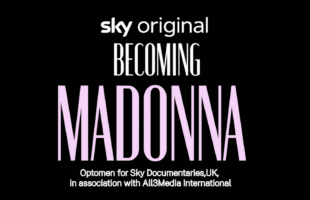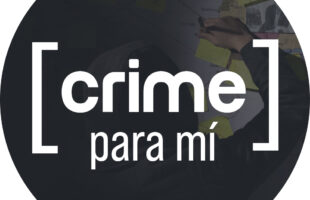Indonesian TV, competitive, fast and evolving is using various format TV programmemes to keep its audiences’ attention fixed squarely on the box. But it’s not just a cut and paste job, Indonesian producers are now tailoring their shows to meet local styles and tastes, Ron Corben explains. Indonesia television has come a long way since its early days of a single network and a handful of foreign bought shows and ‘sinetrons’ from India. In 1989 private TV channels entered the market, and today there are a dozen networks and more 20 local channels all vying for a slice of a more savvy and discerning local audience. Major stations now include RCTI, TPI, SCTV, antv, Indostar, Metro TV, Trans 7, Trans TV, TV One and Global TV. Among the major satellite stations are Indovision, TOP TV, TelkomVision, Yes TV, Aora TV and OkeVision. Philip Rich, a media consultant based in Jakarta, says trends have shifted significantly. “It’s a very competitive market because there’s so many free to air television stations looking for a competitive advantage and so many people are looking for content, whether it’s Indonesian or from outside Indonesia,” Rich said. Rachmah Ida, an author on media studies noted in an academic paper, that in the 1990s, TV began to change from standard U.S TV shows, to more Asia-centric themes. Hong Kong’s TV productions led the way for other East Asian programmes from Korea, Japan and Taiwan to get airtime in Indonesia. Rachmah noted that there was a greater acceptance in Indonesia of foreign and non- Western media. “Almost all national private TV channels continue to run the so-called Asia Mandarin and Asia non-Mandarin TV serials, series and single movies in their everyday programming pattern,” she said. Indonesia’s TV format at its core largely centres on TV drama followed by TV specials featuring live entertainment and then reality and game shows. But as the TV industry has grown, production houses are eager to create formats closer to Indonesian culture and ways of life. FramantleMedia Asia’s chief executive officer (CEO) Patrick Schult said to ensure success, production houses need to avoid being dependent on one format. FremantleMedia Asia made its debut in Indonesia in 1995 with Family Feud. The success of FremantleMedia Asia’s cornerstone Indonesian Idol, set to run its seventh season in 2011, triggered a need to ensure diversity in programming. 


Subsribe to Our News Letter
Subscribe To Our Newsletter
Signup here to get the latest news and updates.








